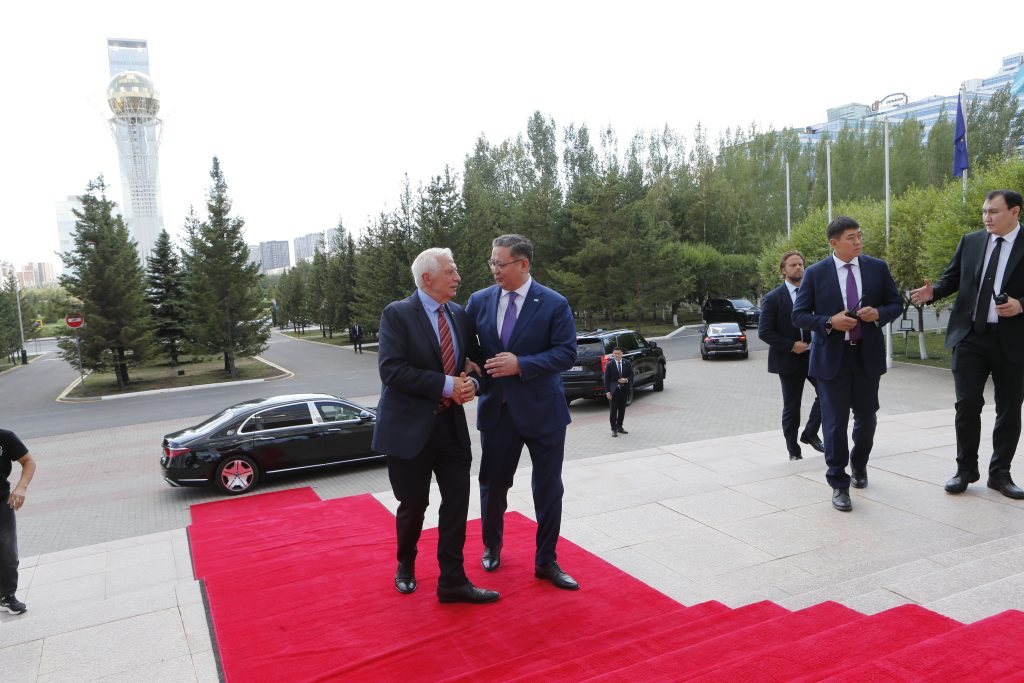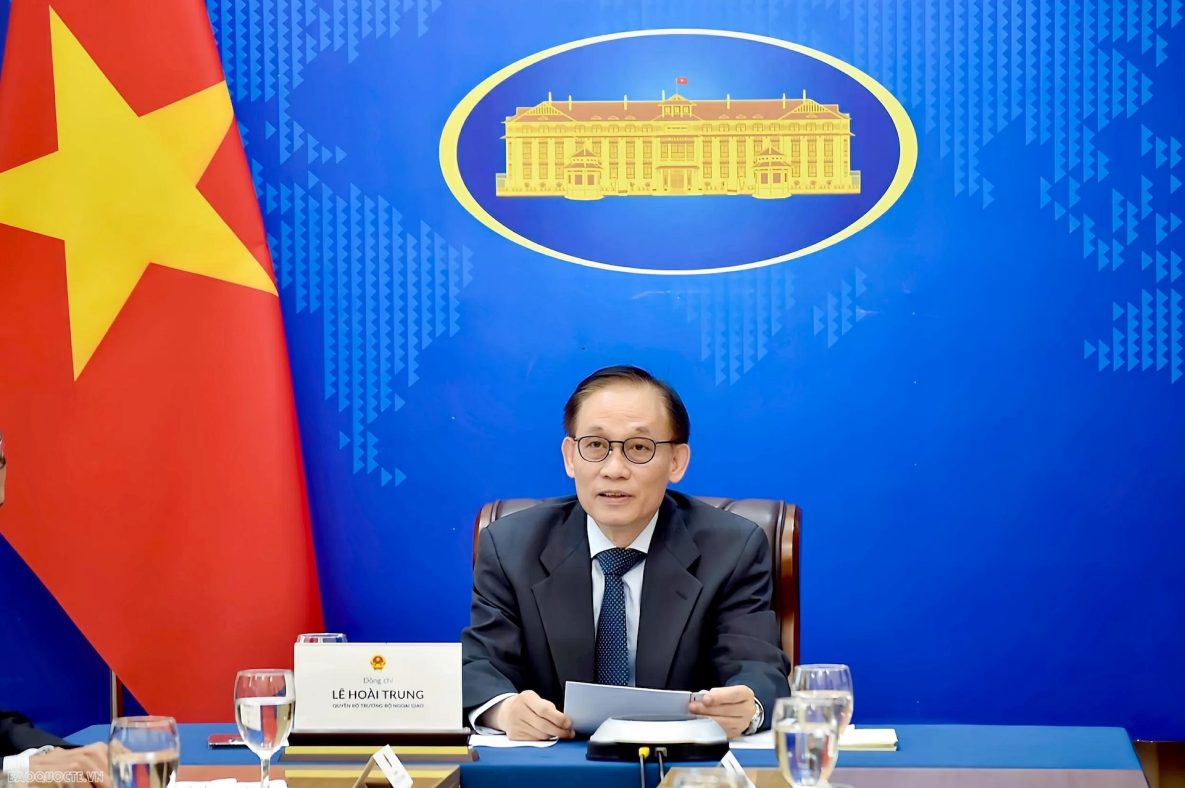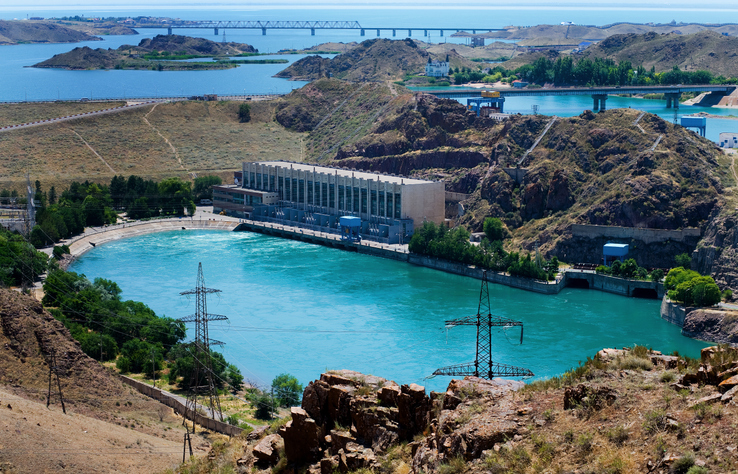Digital transformation, a cornerstone in EU-Kazakhstan economic and trade partnership
New avenues of collaboration are opening up between the EU and Kazakhstan, particularly in the digital connectivity sector, critical raw materials, and renewable energy.

New avenues of collaboration are opening up between the EU and Kazakhstan, particularly in the digital connectivity sector, critical raw materials, and renewable energy.
Kazakhstan’s commitment to digital transformation is a cornerstone of its partnership with the EU. Sarah Rinaldi, Deputy Director at DG INTPA, highlighted the significance of this collaboration: “We are now launching a new programme that will offer services and technical assistance in fields such as e-governance, data protection, and cyber security. The EU can indeed offer a lot of expertise in these fields.”
This initiative is part of the broader Global Gateway Strategy, which aims to foster investments and enhance digital connectivity across Central Asia.
The development of satellite ground stations for digital connectivity, set to commence next year, is a testament to the deepening ties between the EU and Kazakhstan. This project will significantly improve internet access in the region, leveraging European satellite operators to bridge the digital divide. Kazakhstan is one of the most active participants in this initiative, which aims to provide wider internet access and enhance digital infrastructure.
Rinaldi also emphasised the importance of technical assistance: “We have a Team Europe initiative, under which we mobilise expertise from European member states, but also European financial institutions to foster digital connectivity in Central Asia.”
This two-pronged approach, combining technical assistance and infrastructure investment, is designed to support Kazakhstan’s digital transformation and integration into the global digital economy.
Critical raw materials, industrial cooperation
Kazakhstan’s rich mineral resources present a unique opportunity for collaboration with the EU. Al-Farabi Ydyryshev, Deputy Director General of the National Center for Technology Foresight, emphasised the strategic importance of critical raw materials: “Without ferroalloys, there is no harvester. Without phosphorus, there are no fertilisers. Without beryllium, there are no satellites to watch the crops.”
Kazakhstan’s ability to supply a wide range of critical minerals needed by the EU underscores its pivotal role in the global supply chain.
The partnership extends beyond raw materials to include advanced industrial cooperation. Kazakhstan is already a top global producer of copper, chromium, and titanium and is expanding its production of refined metals like vanadium and antimony.
This industrial synergy is further strengthened by agreements with European countries, such as the EU-Kazakhstan Memorandum of Understanding and the trade consortium for critical raw materials formed with Germany.
Ydyryshev highlighted the comprehensive nature of Kazakhstan’s mineral resource base: “Our mineral resource base is widely diversified. We can supply 21 minerals from the list of 34 critical minerals. This differentiates Kazakhstan from other countries.”
This extensive resource base positions Kazakhstan as a key player in the global supply chain, capable of meeting the EU’s growing demand for critical raw materials.
Energy transition and renewable energy
The energy sector remains a vital area of cooperation. Marat Terterov, founder of the Brussels Energy Club, noted the historical significance of EU investments in Kazakhstan’s energy market: “The EU has been a very strong supporter of the reforms taking place in Kazakhstan. The investment protection instruments and guarantees provided by EU initiatives have been crucial.”
As Kazakhstan commits to accelerating its energy transition and achieving carbon neutrality, the EU’s support in renewable energy projects becomes even more critical.
Kazakhstan aims to generate 25% of its power from renewable sources by 2030, a target that presents substantial opportunities for EU-Kazakhstan collaboration. The transition from coal and gas to renewable energy sources will require significant investment and expertise, areas where the EU can provide invaluable assistance.
Terterov emphasised the ambitious nature of this goal: “There is a clear target set by the government to move to about 25% of power generation from renewable sources by 2030. This is a very ambitious target, but it is a great target to strive towards.”
The EU’s role in supporting Kazakhstan’s energy transition is multifaceted. It includes providing technical expertise, facilitating investment in renewable energy projects, and promoting the adoption of sustainable energy practices.
This collaboration not only contributes to Kazakhstan’s energy security but also aligns with the EU’s broader goals of promoting sustainability and combating climate change.
Transport and logistics
The development of the Trans-Caspian International Transport Route (TITR) is another key area of partnership. Leila Batyrbekova, founder of the Europe & Central Asia Transport and Trade Association (ECATA), highlighted the strategic advantages of this corridor: “Cooperation within the framework of the Global Gateway Initiative not only contributes to the development of transit transportation and strengthening economic ties but also creates significant strategic advantages for all participants of the corridor.”
The TITR facilitates the efficient movement of goods between Europe and Asia, enhancing regional connectivity and economic integration. The recent launch of new container trains between Europe, Central Asia, and China via Budapest exemplifies the dynamic growth of this corridor.
By reducing transportation distances and improving logistics infrastructure, the EU and Kazakhstan can jointly contribute to sustainable growth and environmental protection.
Batyrbekova also emphasised the importance of developing logistics infrastructure: “Many new logistics centres and warehouses are being built in different regions of Kazakhstan, involving the participation of foreign companies. This coordinated effort is crucial for the success of the Trans-Caspian corridor.”
The development of these logistics hubs is expected to enhance the efficiency of the transport route and support the growth of trade between Europe and Central Asia.
[Edited By Brian Maguire | Euractiv’s Advocacy Lab ]






